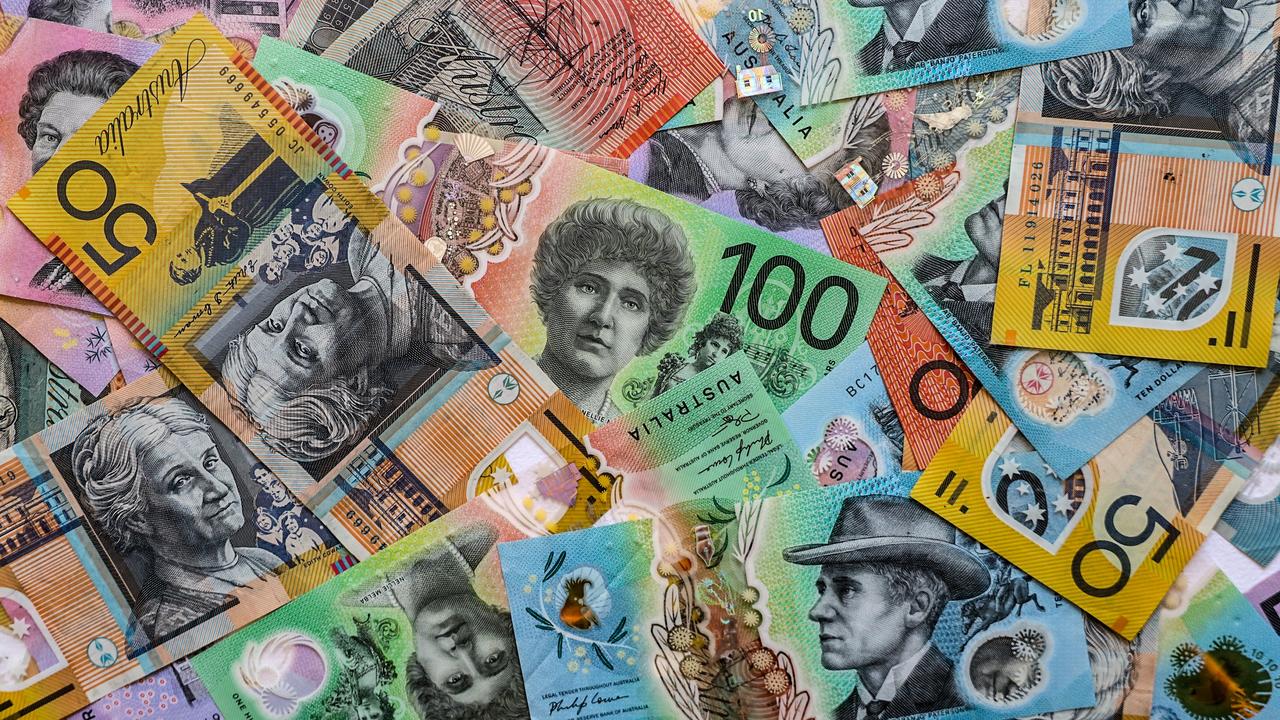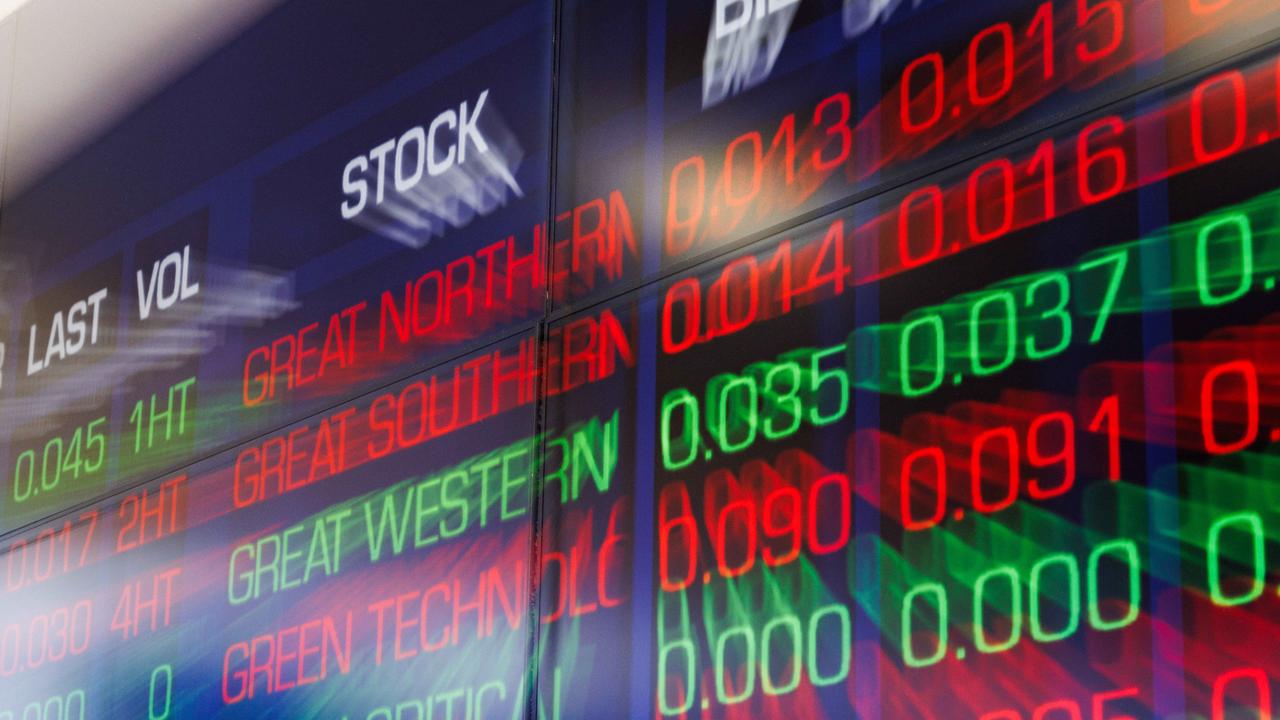Tech CEO says Australia ‘should be the richest country in the world’ in scathing assessment of policy failures
Australia ‘should be the richest country in the world’ but instead is ‘f**ked’, according to a CEO who has delivered a brutal verdict on the government’s failures.
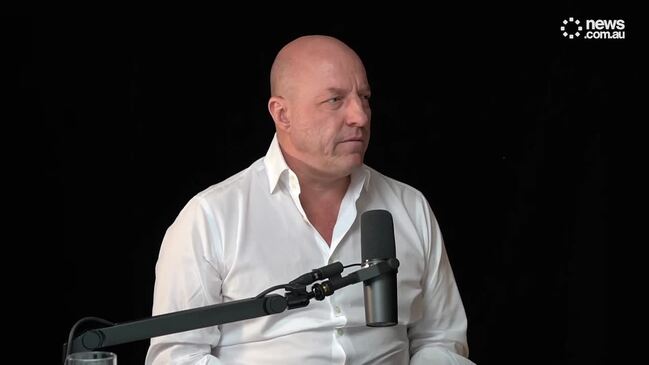
Economy
Don't miss out on the headlines from Economy. Followed categories will be added to My News.
Australia “should be the richest country in the world” but instead is facing the “mother of all cost-of-living crises”, according to a tech CEO who has delivered a blunt assessment of the government’s widespread economic policy failures.
Outspoken Freelancer chief executive Matt Barrie appeared on the Equity Mates podcast last week for a wide-ranging discussion covering the housing market, mass immigration, energy policy and cost-of-living.
“The country is f**ked,” Mr Barrie told host Bryce Leske.
“It’s not a functional society anymore. You need people to be able to afford to buy housing and shelter in order to have a functional society. In Sydney now the median house price is about $1.8 million, which is mathematically impossible for the average person to buy the average house.”
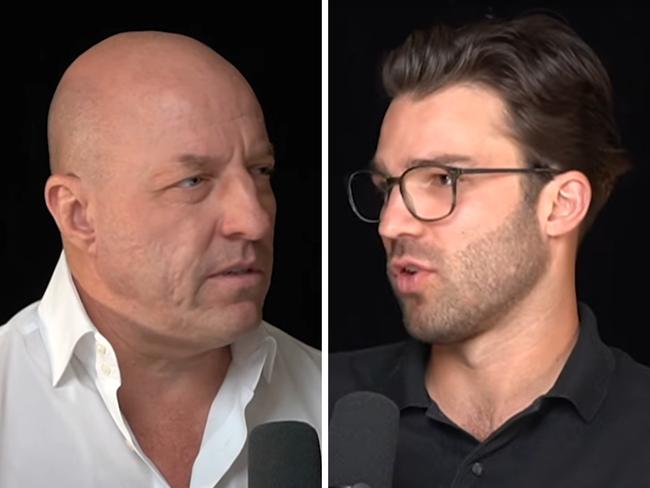
Mr Barrie said the cost of housing “cascades into everything”, including wages and grocery prices.
“We have blown the mother of all bubbles, which has led to the mother of all cost-of-living crises, which has led to huge problems in a deterioration of society, culture and values of this country, through running the mother of all mass immigration programs,” he said.
“And the politicians have a lot to answer for, because it’s not really working out for people coming into the country, either.”
Australia’s population has ballooned to 27.1 million people with 388,000 net overseas migrants entering in the first nine months of the 2023-24 financial year, according to figures from the Australian Bureau of Statistics (ABS) last month.
The latest numbers guarantee the government will blow well past the 395,000 forecast from this year’s budget, after Prime Minister Anthony Albanese promised to wind back immigration to “sustainable” levels.
A record number of more than one million migrants have entered Australia since Mr Albanese took power in 2022, with India recently overtaking China as the top source.
Mr Barrie argued that given the declining birthrates “there is actually no demand for additional housing in this country”.
“Zero. Nothing. Zilch,” he said.
“Which is pretty shocking I think to most people given the fact they’re probably hanging on for dear life trying to rent or pay their mortgage. The demand is entirely from a completely out-of-control, unhinged and uncalibrated mass immigration program. A mass immigration program where some months we bring 100,000 people into the country … where in a country of 26 million people, there are 2.4 million people on temporary visas.”
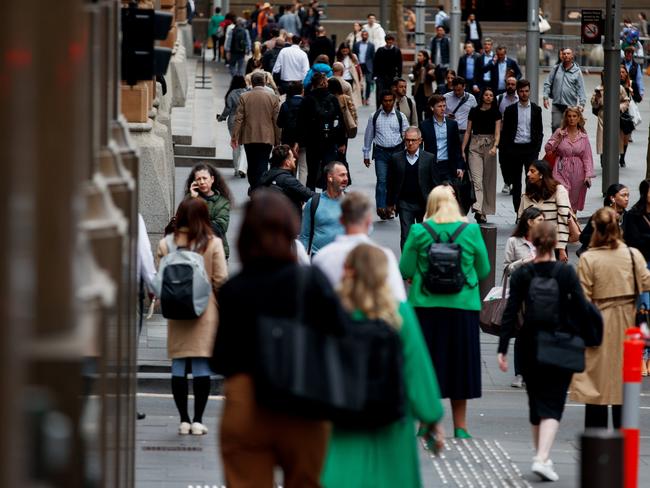
He accused Australia’s politicians on both sides of operating a long-running “Ponzi scheme”, where “house prices gently drift up and wages are gently suppressed” through immigration.
“Because the politicians don’t really know how to grow the economy and grow industry, or actually really do anything other than dig up raw materials out of the ground and ship them overseas,” he said.
“You’re running mass immigration into a country where there’s no jobs, other than working for the Ponzi or working for the NDIS.”
Almost one in three jobs created in the 12 months to February were linked to the $42 billion National Disability Insurance Scheme, research earlier this year found.
The federal government has sought to rein in the cost of the out-of-control scheme, which has been plagued with rorts and claims of inappropriate expenditure such as cuddle therapy, crystals, vapes, concert tickets and even African safari holidays.
“We’re in a situation right now where we should be the richest country in the world, and we were the richest country in the world in 1900,” Mr Barrie said.
“For a while, Australia was a great place to live and we had manufacturing, for example, as a substantial portion of the GDP of this country. We made cars, we made a bunch of different things. We had whole supply chains for various things. And then we went into this path of just easy relentless growth where it was just house prices drifting up and shipping iron ore, coal, gas and gold overseas.”
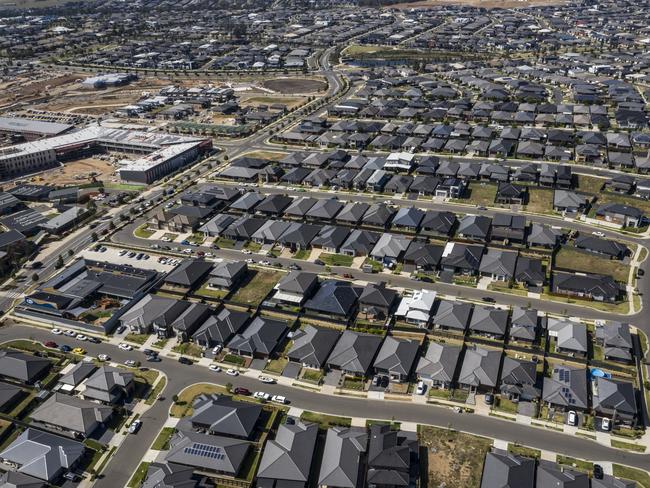
Mr Barrie then recited a litany of Australia’s vast natural resources.
“You would think that a country with 1200 years of coal supply would be an energy superpower,” he said.
“You would think a country with 28 per cent of the world’s uranium reserves would be an energy superpower. You would think a country with 20 per cent of the world’s gas exports would be an energy superpower. You would think a country with 3.46 people per square kilometre would have cheap land and cheap housing.”
He added Australia was third in the world for production of cobalt, fifth in the world for the production of nickel, sixth in the world for production of copper and has 47 per cent of the world’s lithium production.
“[We should be] an energy and electronic and mechanical engineering superpower,” he said.
“We control 56 per cent of the world’s iron or exports. You would think that we would be a steel superpower. We have cheap energy, we have abundant iron ore, and we [should] elaborately transform that to become an export powerhouse. We should be the richest country in the world, full stop. We have everything.”
Instead, he continued, “we have the greatest erosion of wealth in the developed world”.
“We have a cost-living-crisis that is the mother of all cost-of-living crises,” he said.
“We have house pricing that is astronomically expensive — it doesn’t make any sense anywhere in the world. A terrace house in Woollahra is the same price as a cruise ship. The root cause of this is the cost of land, and the root cause of that is mass immigration. We have the most expensive casual wages in the world but it’s not enough to live on because people need somewhere to live.”
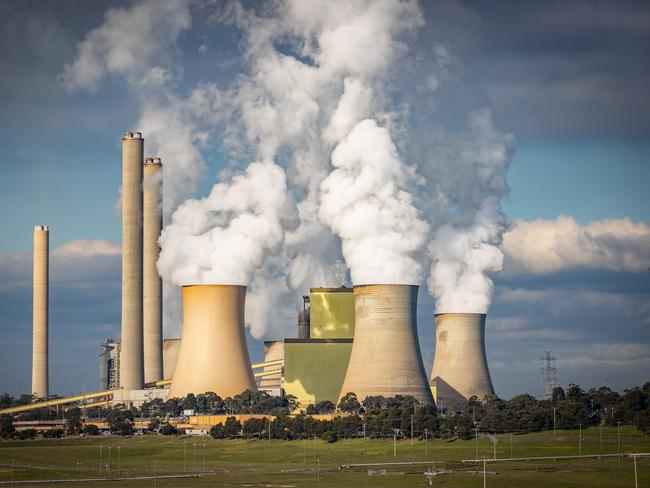
At the same time, the country has an energy crisis “because we stupidly are going down” the path to renewables.
“We can’t burn coal, but every single thing we’re digging out of the ground is being burned by China, or is being burned by Japan,” he said.
“It’s all being shipped overseas and burned. We’re deluding ourselves by thinking that we are doing anything by not burning it here.”
Meanwhile, Australia is one of the world’s top three exporters of liquefied natural gas (LNG) alongside the US and Qatar, but now faces what industry bosses have branded the “bizarre” prospect of being forced to import gas from overseas in the face of skyrocketing energy bills.
“Now we’re actually going to import gas in the eastern seaboard, which is ludicrous, because we don’t have a gas reservation scheme,” Mr Barrie said.
“So we have a cost-of-living crisis caused by input costs. We have an energy crisis through very poor energy policy where we’ll export all the raw materials to build renewable generators, which are energy negative on the energy that’s consumed to get the materials out of the ground, which ship back to us and are unreliable. As a result, we can’t run a reliable manufacturing industry in this country.”
He noted manufacturing as a percentage of GDP in Australia had fallen from as high as 19 per cent to 5.39 per cent, “which is on par with Botswana, where you go see cheetahs, it’s on par with Liechtenstein, which is a financial haven”.
“It’s about one third of the OECD average,” he said.
“Literally, this country is going to hell on a hand basket. We are 93rd in the Harvard Economic Complexity index in terms of the complexity of things that we produce, how sophisticated they are, and how much people can replicate them. Our economy in terms of sophistication and complexity is on par with Equatorial Guinea, where they don’t have a cinema in the entire country.”
He concluded, “It is all being caused by government policy, which can be turned around on a dime.”
Originally published as Tech CEO says Australia ‘should be the richest country in the world’ in scathing assessment of policy failures




